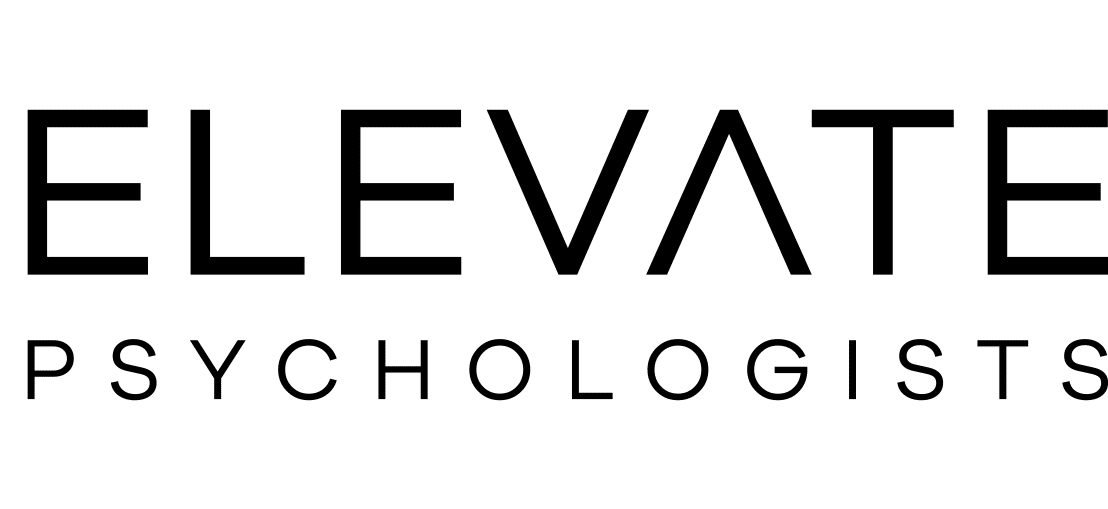Elevate Psychologists in Sydney use schema therapy to help individuals identify and change negative patterns of thinking and behavior that develop during childhood and can persist throughout adulthood. The therapy typically involves the following steps:
Assessment: The psychologist will work with the client to identify their negative schemas, or deeply ingrained patterns of thought and behavior that are maladaptive and interfere with their daily life. The psychologist will also assess how these schemas are impacting the client’s relationships, emotions, and behavior.
Education: The psychologist will provide the client with information about the nature of schemas and how they develop. This includes understanding how negative experiences in childhood can lead to the development of negative schemas.
Identification of Core Emotional Needs: The psychologist will work with the client to identify their core emotional needs, such as safety, connection, validation, and autonomy.
Challenging Negative Schemas: The psychologist will help the client challenge their negative schemas by providing evidence that contradicts their beliefs and exploring alternative ways of thinking and behaving.
Experiential Techniques: The psychologist will use experiential techniques, such as imagery, chair work, and role-playing, to help the client understand and process their emotions related to their negative schemas.
Behavioral Assignments: The psychologist will provide the client with homework assignments that involve practicing new behaviors and ways of thinking.
Relationship Repair: The psychologist will help the client improve their relationships by developing more effective communication and interpersonal skills.
Schema therapy is often used to treat individuals with complex and longstanding psychological problems, such as personality disorders, who have not responded to other forms of treatment. It is considered to be a long-term treatment approach that can last from several months to several years. It is important to work with a licensed and trained mental health professional who is experienced in using schema therapy to ensure the best possible outcomes.
